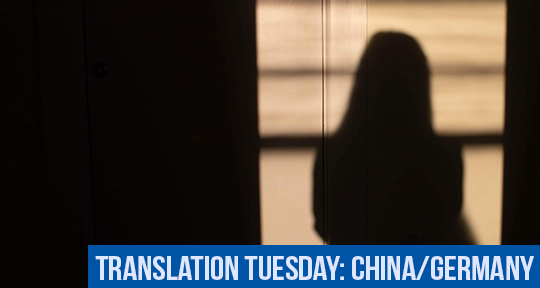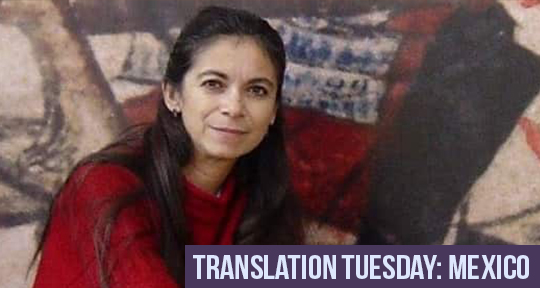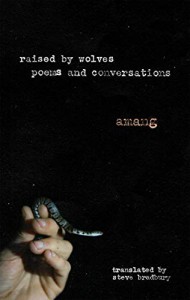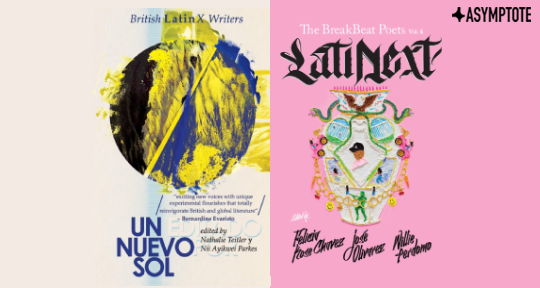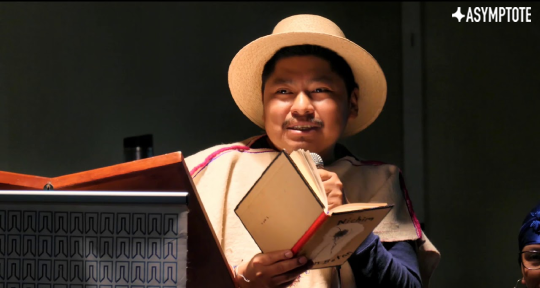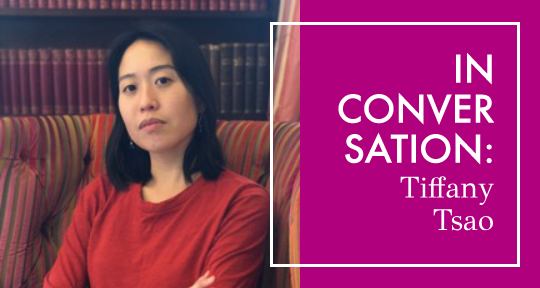The age of social distancing has left even the introverted among us seeking community. For poets in particular, whose work continues to seek establishment and verity through the inherited traditions of oration and public gatherings, being deprived of the physical realms in which one can share and revel in poetry together has been especially lonesome. As we adapt, rally, and shift into virtual spaces, however, one encounters equal joy and substance in the connections fostered beyond the locality, as notions of community expand beyond physical closeness. One momentous event that took full advantage of this moment in time was LatinX: International Poetry Familia, which connected a brilliantly variant array of Latinx poets from the U.S. and the U.K. in a celebratory reading. With bodies of work that newly tread and interrogate the disparate facets of identity, these contemporary poets embody a politics of pride and revelation, lessons learned during the journey one takes to arrive at oneself. Asymptote’s own assistant editor, Edwin Alanís-García, reports from the event.
Lest locked up poetry aficionados forget, there was once a time when people gathered in public spaces to hear poets read or recite their work. For the uninitiated, such events help poets stay connected with their community and fellow writers, while helping grow a (hopefully book-buying) fanbase. At the risk of waxing poetic (no pun intended), these readings are the heart of an ancient vocation—a tradition going back to the epic poets, who sang about transnational sagas, and later the wandering troubadours, who brought their musical repertoires to the countryside. Even now, poets tour their countries like rockstars, sometimes to the same acclaim. Or so they did, until the pandemic hit.
For those ensconced in major literary hubs such as London or New York City, the shift to virtual readings was—and perhaps still is—a pale simulation of the real thing, a necessary adaptation meant to keep newly published books marketable. In the rest of the connected world, however, this shift has opened new doors for rural and otherwise isolated audiences. And within certain literary circles, it has created entirely new forums for artistic exchange.
One such event took place this past June. The transatlantic reading “LatinX: International Poetry Familia” was meant to celebrate the diverse roster of Latinx poets in the United States and the United Kingdom. Featured voices from the U.S. included Francisco Aragón, José Olivarez, Jasminne Mendez, Antonio López, Janel Pineda, Malcolm Friend, and co-hosts Carlos Andrés Gómez and Diannely Antigua. Among their U.K. counterparts were Leo Boix, Maia Elsner, Patrizia Longhitano, Kat Lockton, Marina Sanchez, and Juana Adcock. The nearly two-hour event was organized and co-hosted by scholar, artist, and activist Nathalie Teitler, co-founder (with Leo Boix) of Invisible Presence, a U.K. initiative dedicated to promoting the work of British Latinx writers; Teitler is also credited with founding the country’s first mentoring and translation programs for exiled writers.
The reading was in celebration of two recent anthologies of Latinx poetry: The BreakBeat Poets Vol. 4: LatiNEXT, published by Chicago-based Haymarket Press, and Un Nuevo Sol: British LatinX Writers, published by London-based flipped eye publishing (sic). Each participant was invited to preface their reading with a one-minute excerpt from a Latinx song of their choice. Dancing (albeit socially distant and through a Zoom screen) was encouraged; as Teitler said in her opening remarks, it was the readers’ way of affirming that, “yes, sí, we’re still alive.” Her words can be interpreted as a statement about our collective resilience in the face of the pandemic, but also a poignant endorsement of poetry as a tool of resistance across Latinx communities—a testament to Latinx survival in the face of colonial and anti-Black violence. The entire event, in fact, was an extended moment of resistance. READ MORE…


